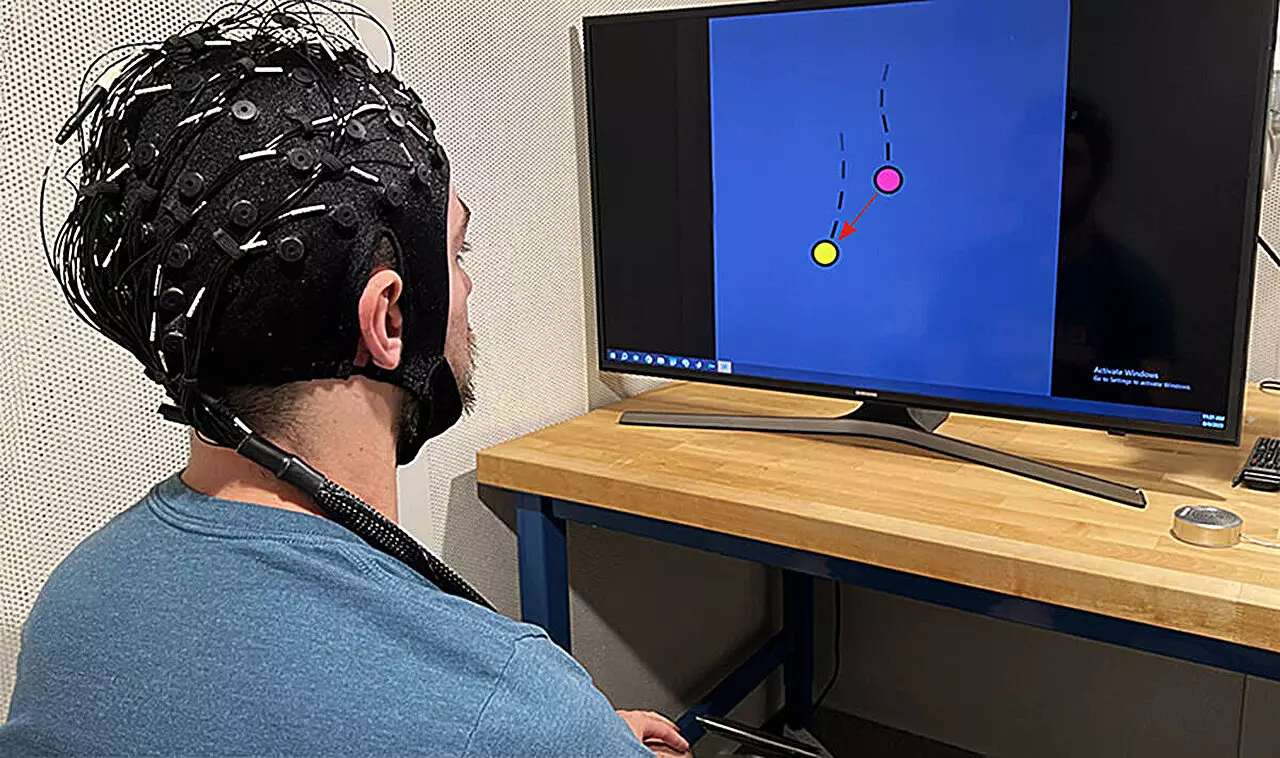Noninvasive brain-computer interfaces (BCIs) have been the focus of extensive research at Carnegie Mellon University’s He Lab, providing a promising alternative to invasive BCIs. Unlike invasive BCIs such as Neuralink or Synchron, noninvasive BCIs offer increased safety, cost-effectiveness, and usability among a diverse range of patients and the general population. However, one of the main challenges facing noninvasive BCIs is the accuracy and interpretation of their recordings.
A recent study led by Professor Bin He involved 28 participants tasked with controlling the continuous tracking of a moving object in a two-dimensional space using a noninvasive BCI. Through the use of electroencephalography (EEG) to record brain activity, combined with artificial intelligence (AI) to train a deep neural network, the participants were able to control the object solely through their thoughts. This groundbreaking research showcased the high performance of noninvasive BCIs for controlling computerized devices through brain signals.
Professor He highlighted the significant advancements made possible by AI technology in enhancing the performance of noninvasive BCIs. The ability to decode and interpret human intentions for continuous object movement using BCI sensor data has paved the way for broader applications of AI-powered BCIs. The research team is currently exploring the use of this technology in controlling complex tasks performed by robotic arms, with a particular focus on assisting individuals with motor impairments, including stroke patients.
The development of AI-powered assistive robots controlled by noninvasive BCIs holds great promise for individuals with motor impairments resulting from conditions such as spinal cord injury, stroke, or other movement disorders. By avoiding the need for surgical implants, noninvasive neuroengineering solutions offer a more accessible and inclusive approach to enhancing the quality of life for a broader range of users. Professor He emphasized the team’s commitment to advancing noninvasive BCIs to benefit individuals across diverse populations.
The integration of AI technology with noninvasive BCIs represents a significant breakthrough in the field of neuroengineering, offering new possibilities for controlling devices and assisting individuals with movement impairments. The research conducted by the He Lab at Carnegie Mellon University demonstrates the potential of noninvasive BCIs to revolutionize the way we interact with technology and provide solutions for individuals with physical limitations. As technology continues to evolve, the future of noninvasive BCIs holds exciting prospects for improving the lives of many.



Leave a Reply